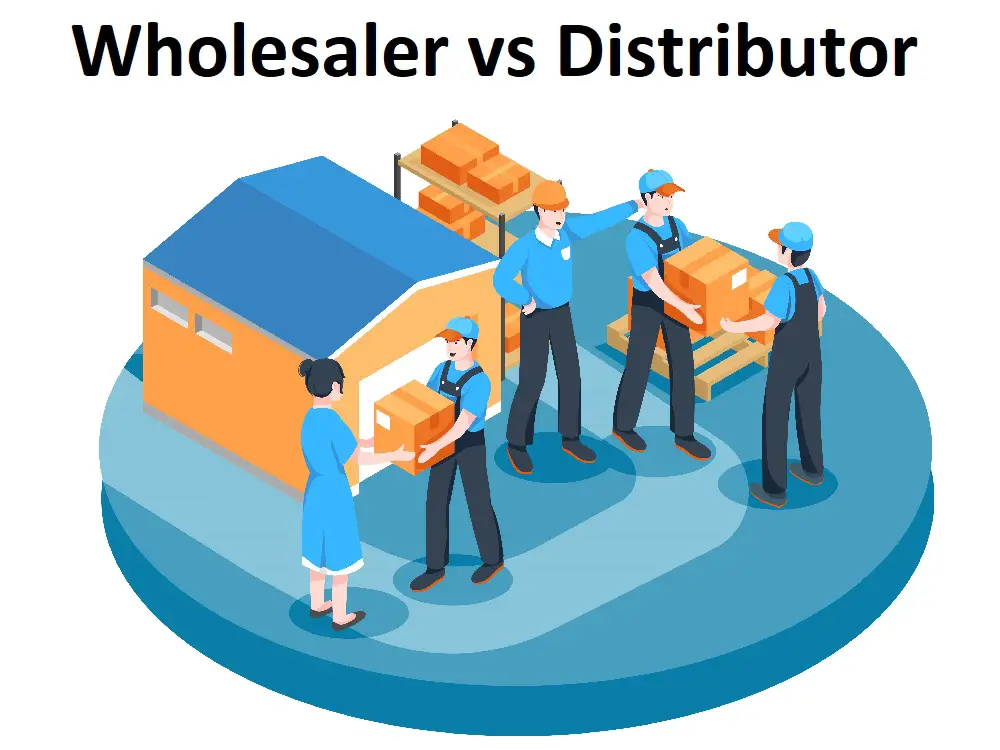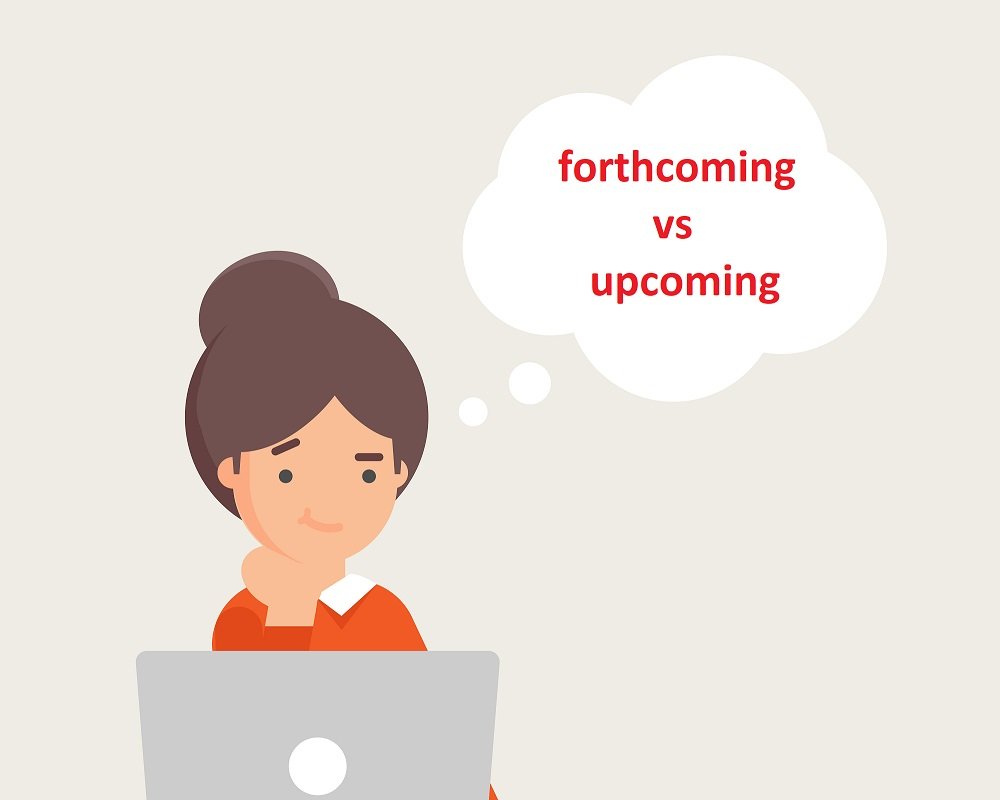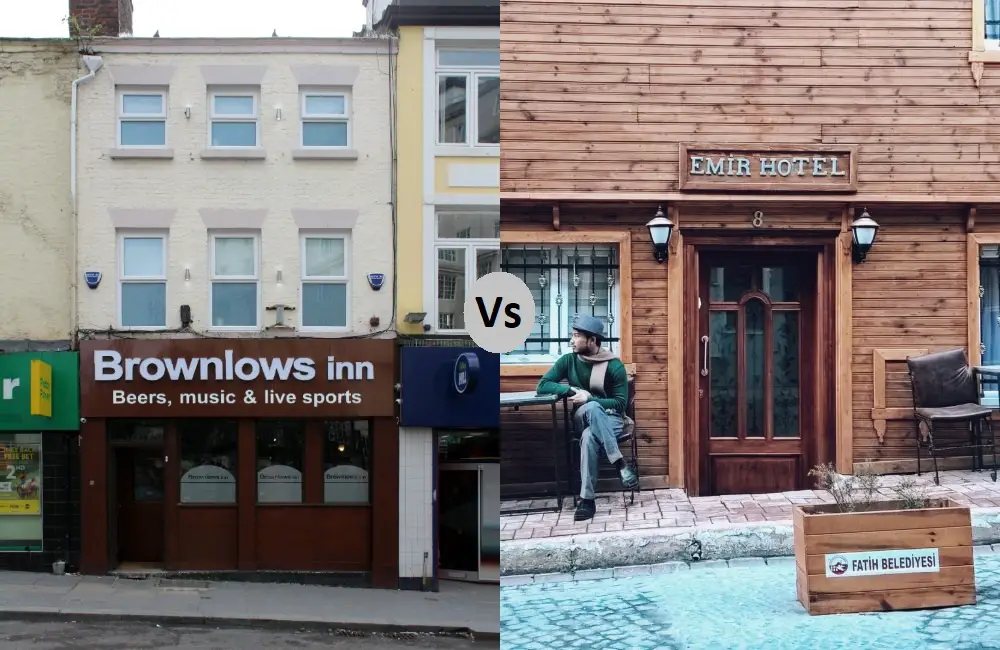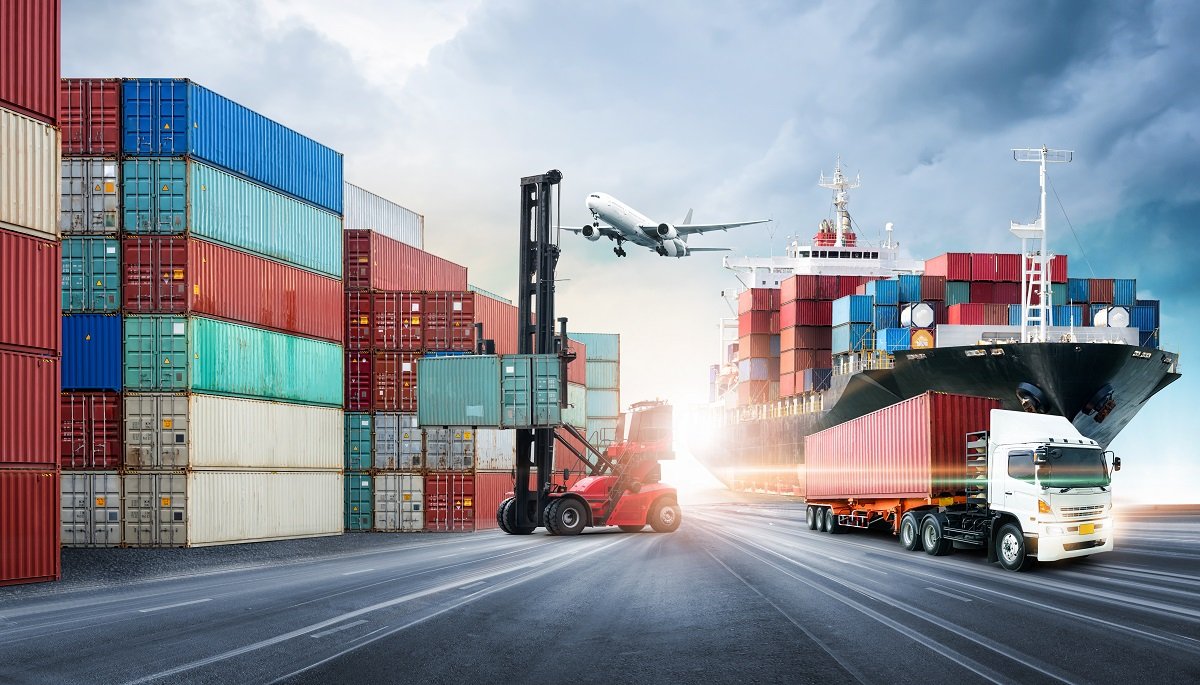Wholesaler Vs. Distributor: How Do They Differ?
Wholesaler and distributor, we often use these words when referring to sources from where we’ve acquired goods. Both of these are used to refer to sources, but they have different meanings and usages.
In this article, we’ll go through the definition, usage, and the difference between wholesaler and distributor so that you know when to use which.
Wholesaler vs. Distributor: An Overview
Distributors are resellers of products, and they don’t sell to just anyone. On the other hand, a wholesaler is a merchant who buys goods in bulk and sells them in a relatively smaller quantity.
A company can’t sell its products directly to consumers. There’s this entire concept of the supply chain that allows helping a company to sell the products efficiently.
Both wholesalers and distributors are essential parts of this supply chain. However, they don’t fall in the same category.
What Is Wholesaler?
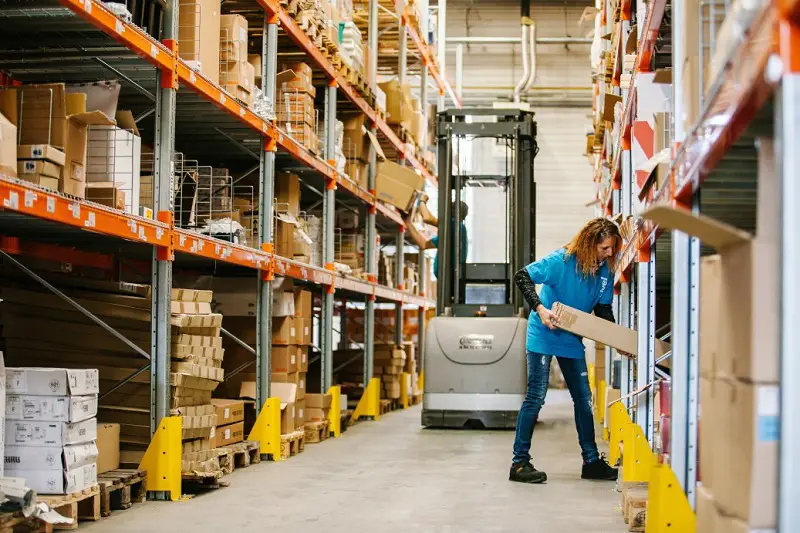
Wholesalers are an essential part of the supply chain. They buy the goods from the company at a low price and sell them off in relatively fewer quantities to retailers. The amount of extra cash they make by selling the products is the profit they earn.
They are essential because they collect the goods from the distributors and use their channels to deliver the goods to the consumers and make the supply chain more efficient by breaking the bulk orders into smaller parts and holding the products in their own warehouses.
You may want to know the Difference Between Supply Chain Management and Logistics
What Is Distributor?

Distributors aren’t sellers. Instead, they’re agents. Manufacturers usually don’t concern themselves with delivering their goods to different locations and types of consumers, and this is where the distributors play a crucial role.
They are also called channel partners because they go into a contract with the company.
This contract allows them to buy a certain amount of goods from the manufacturer and sell it off to retailers or final consumers. This deal doesn’t allow the distributor to use the name of the producer.
Like wholesalers, distributors hold the goods in their company and transport them to different locations.
Main Difference Between Wholesaler and Distributor
Now that you have a better idea about the wholesaler vs. distributor concept, it’s time we take a look at the major differences between them.
Definition
A wholesaler can either be a person or an entity, and they purchase goods in bulk at a low price only to sell them to retailers at a higher price.
Distributors are considered as one of the main links of the associated company. Their primary function is to supply the goods to the market.
Function

The only function of wholesalers is to buy the manufacturers’ goods and sell them off to the retailers.
However, distributors usually engage in pitching, marketing, and ensuring that the products reach various corners of the targeted area.
Contract
A wholesaler doesn’t require any contract to purchase products from a particular manufacturer. They can buy and sell any product as they please.
However, a distributor signs a contract that prohibits them from selling any competing product from other manufacturers.
Levels
There are four levels of distribution, and distributors fall only in level three. On the other hand, wholesalers are found in both levels two and three.
Area of Operation
Wholesalers operate within a limited area, where they sell the products to local retailers.
Distributors tend to operate within a vast area, and they sell to various customers. In fact, one of the key functions of distributors is to expand the area of operation.
Customers
Wholesalers sell only to the retailers. However, distributors can sell to retailers, directly to final consumers, or even to wholesalers. This is why distributors are considered to be more versatile than wholesalers.
Recommended for You:
Wholesaler vs. Distributor: The Comparison Table
| Parameter of Comparison | Wholesaler | Distributor |
| Definition | A person or an entity purchases goods from a manufacturer in bulk and sells them in a smaller quantity | A major link of a company that exclusively supplies products from that company into the market |
| Contract | Not required | Required |
| Level | Level two and three | Level three only |
| Customers | Retailers | Wholesalers, retailers, and final consumers |
| Area of Operation | Narrow | Wide |
Key Takeaways
- Distributors are much more versatile than wholesalers.
- A company needs to sign a contract to be a distributor, but no such thing is required to be a wholesaler.
- Wholesalers sell to retailers, but distributors can sell to retailers, wholesalers, or even final consumers.
- Distributors must engage in pitching, marketing, and expanding their selling product, but the wholesalers don’t need to do these.
- One of the major differences between distributors and wholesalers is that distributors can’t sell any competing product from other manufacturers, but wholesalers can sell whatever product they please.
Conclusion
As you can see, the concept of wholesaler and distributor seems pretty similar at first, but actually, they’re miles apart.
This is why they shouldn’t be used interchangeably. Hopefully, you understand the key difference between wholesaler and distributor now.
